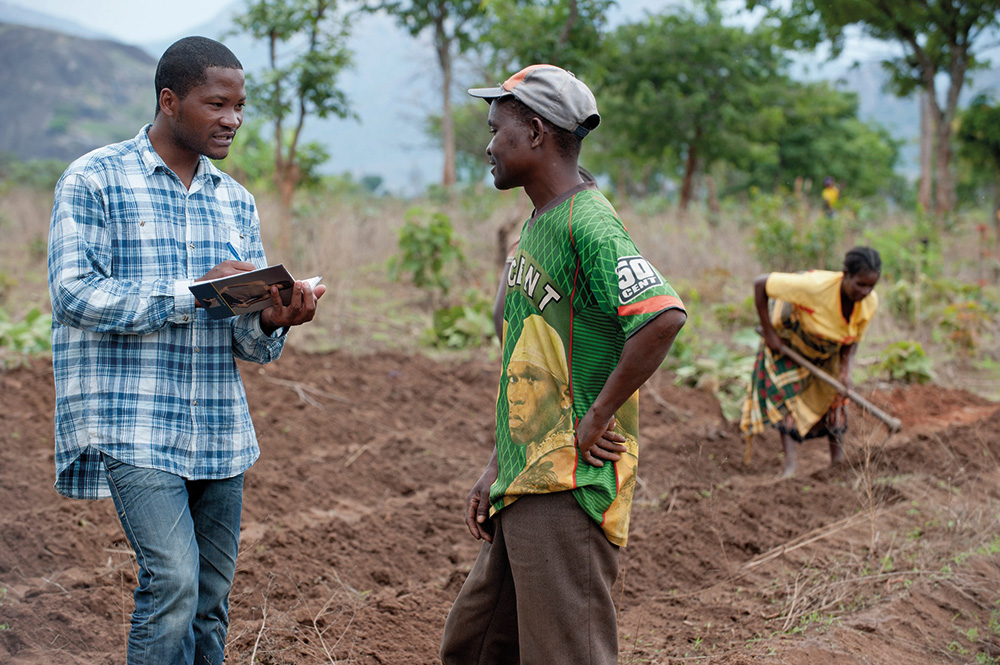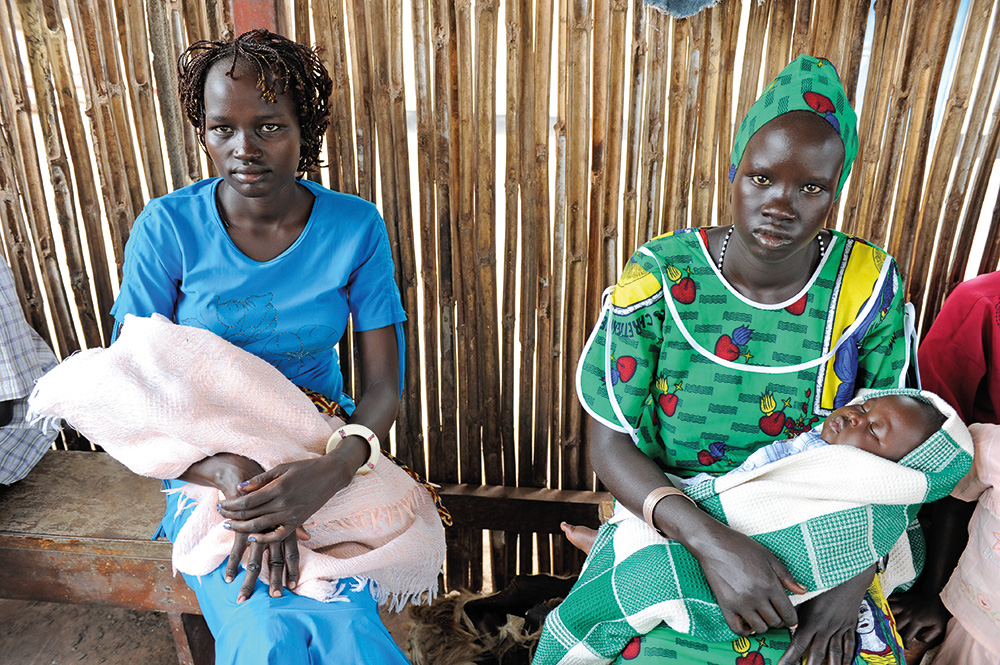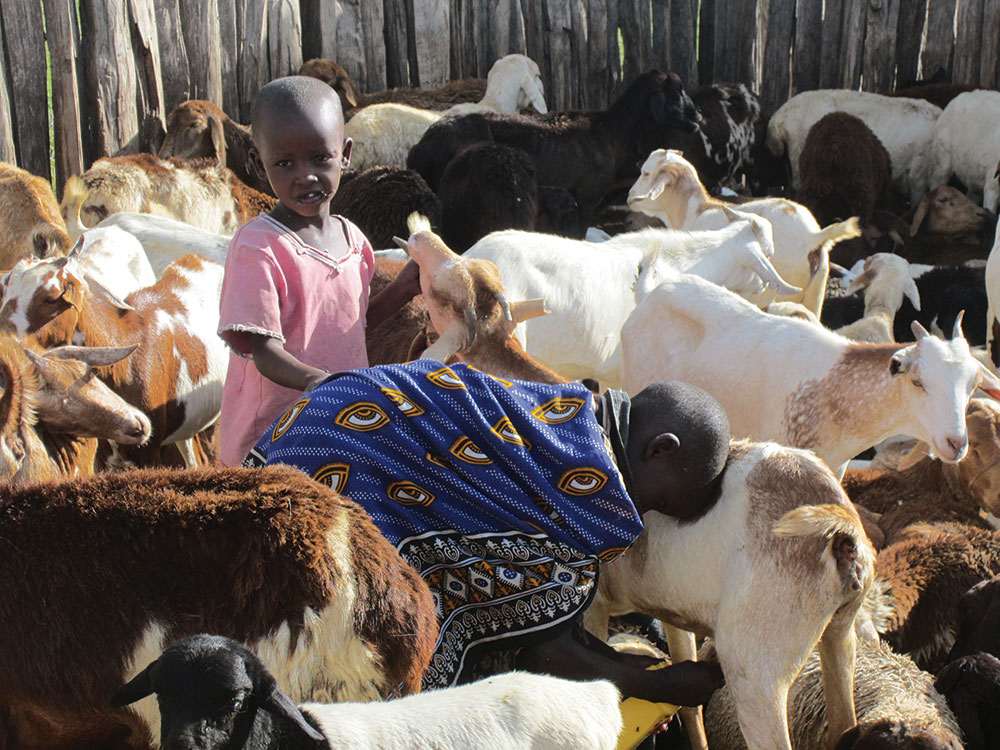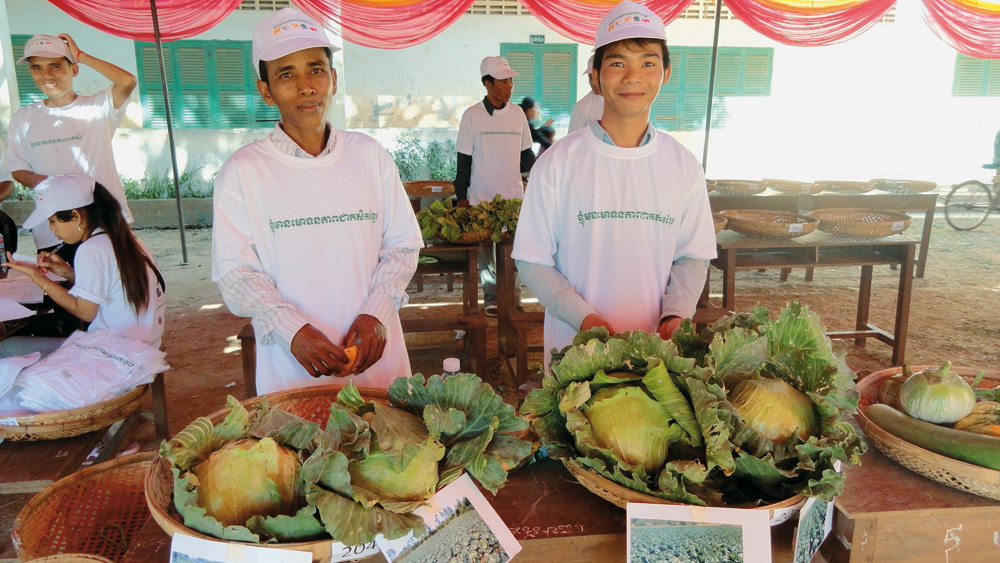Agricultural biodiversity: the foundation of resilient family farms
In a world of rapidly changing conditions, enhancing the adaptability and hence the resilience of family farms is crucial to their viability. Here, diversity plays an important role, as the following article demonstrates.









